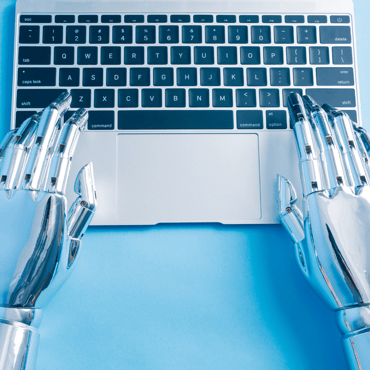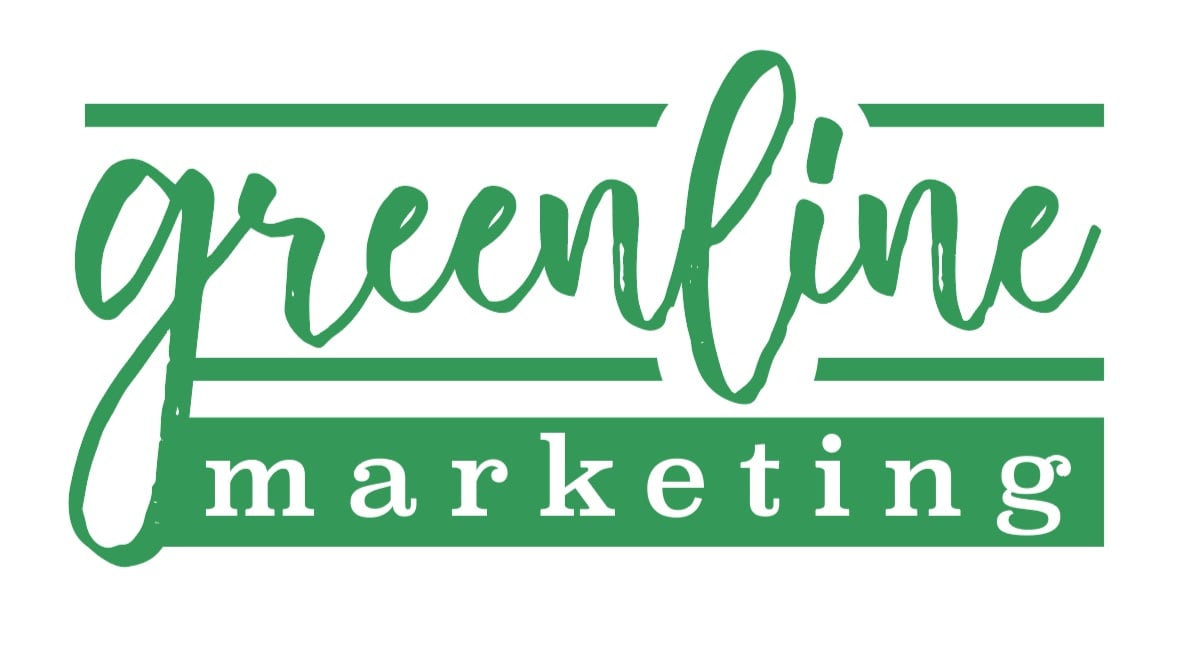We’ve all had conversations with a virtual assistant or chatbot, Chat GPT is the epitome of this AI technology. The new type of artificial intelligence (AI) can understand and generate natural language text.
What is Chat GPT?
We all know what chat means. But the acronym GPT is foreign to most of us who are not in the computer science industry. GPT stands for Generative Pre-training Transformer. Not super helpful, right? It’s basically the scientific way of saying that Chat GPT generates human-like text. This transformer algorithm is based on a neural network, which is a type of computer program designed to mimic the way the human brain works. Chat GPT hasn’t been around for very long; the software was launched as a prototype in late November of 2022. Chat GPT has received a lot of attention because of its ability to generate detailed responses by using answers across thousands of domains.
How does Chat GPT work?
On the most basic level, Chat GPT breaks down words and sentences into individual elements. This is why the new form of AI can decipher large amounts of text. It does this by using an algorithm - more specifically a transformer - to learn how to generate text that is similar to a conversation you and I might engage in. These transformers are machine learning models designed for natural language processing and computer vision.
Chat GPT uses a blend of these machine learning algorithms and deep learning techniques to generate responses. So when you input a query, the software is able to process (or ‘tokenize’ in technical terms) the request. Chat GPT is able to do this because it was fed an enormous amount of data, ranging from articles to conversations during its creation. This gives it the capability to learn the patterns and structure of language. Once it has learned enough about language, it can generate its own text based on a given prompt or topic. For example, let’s say you ask Chat GPT to generate business ideas. It will come up with pages upon pages of random responses. Chat GPT is capable of this because it has learned about patterns and how to describe them in natural language.
Who can use Chat GPT and Who Should use It?
Anyone with access to the platform can use Chat GPT, but it’s no alternative for professional advice. Chat GPT is already gaining popularity. Within five days of its launch, more than a million people were using the platform, but it’s extremely important to know how to use it.
AI is the perfect tool for idea generation and recommendations. This tool creates results at high volumes. These ideas are likely to be a little on the crazy side, but they are sure to get the ball rolling - remember, it’s artificial intelligence.
Chat GPT has received a lot of backlash from schools and other institutions because of its essay-writing capabilities. Although the platform can write essays, it’s all a pattern and it’s fairly easy to tell that a human did not in fact write the content. This leads to the ethical question of whether or not AI should be used for generating new content - academic or otherwise. The short answer is no, but there is something that can be gained from reading or viewing the content that the platform creates to spark your own creativity.
Pros + Cons of Chat GPT
Although the platform is equipped with state-of-the-art algorithms, it’s still prone to producing misinformative data. But Chat GPT definitely makes finding recipes, receiving recommendations, and generating ideas more fun.
Pro: Topic Exploration
When it comes to learning new things or exploring topics, AI is your best friend. This tool can summarize texts, help with concepts, and explain errors in a step-by-step way. Don’t get sucked in by only this tool though. AI should be used to catapult you into your own research beyond the platform.
Pro: Content Creation
First let me clarify, replacing content creation with AI is not a good idea. Robots are no substitute for your unique perspective, expertise, and creativity. However, they can help you be more creative and generate ideas for your content. Chat GPT is great for brainstorming. When you’re generating ideas for a blog post or even an outline, AI can help you hone in on your niche. The platform gives you a place to start, then you can pick an option and start your writing process.
Con: Inaccuracy
You are responsible for everything you write on the internet. This is nothing new, but serves as a good reminder, as no one wants to spread false information intentionally. From what we’ve gathered, using Chat GPT is not always accurate. The truth is, AI can’t really explain its reasoning which is a significant drawback. Any explanation that you’re given might seem reputable, but it’s likely a completely fabricated answer.
Con: Ethics (and Plagiarism + Duplicate Content)
Anything generated by Chat GPT comes from existing content already on the internet. There is a lack of transparency and no sourcing. This raises eyebrows about the legality and ethics of using AI to develop content when it comes to plagiarism. It’s questionable whether the program is really generating its own content, or manipulating other sources on the internet. Plagiarism aside, duplicate content will only hurt your search-ranking in the long run.
Con: Limited Knowledge
If you were to ask Chat GPT about current news, it would be unable to answer. The software has limited knowledge. Chat GPT does not have access to real-time news or in fact, any data that was created after its launch date.
What The Experts Say 
Chat GPT’s interface explains that the reason OpenAI published the program online is to “get external feedback in order to improve our systems and make them safer.” The company also notes that while Chat GPT has certain precautions in place, “the system may occasionally generate incorrect or misleading information and produce offensive or biased content.”
Despite its flaws, most experts believe the future of AI is bright. There’s even talk that someday AI systems like ChatGPT could replace search engines altogether. Experts have varying opinions about the topic. Professor Erik Brynjolfsson, the director of Stanford University's Digital Economy Lab, made this statement about the future of the program.
"I think this is huge, I wouldn't be surprised 50 years from now, people will look back and say, wow, that was a really seminal set of inventions that happened in the early 2020s.”
Microsoft has already invested 10 million dollars into OpenAI, but there are some risks. Experts warn people to be wary of the capabilities of AI. After all, the software is still in its research stage and isn’t always accurate or reliable. Gary Marcus, professor of psychology and neural science at NYU says that:
“Artificial intelligence is sort of like a teenager right now, it’s exciting to see them get their footing, but it’s also not there yet and we can’t trust it.”
What does AI mean for marketing as a whole?
Well, obviously it will affect SEO if search engines are eliminated, but that’s not something to worry about now. Right now AI can be used to spark creativity in your marketing efforts, it’s there to help you be more successful. The possibilities are endless.
The personal touch you give to your writing is one of the most important things! Does your audience really want to read something computer generated? Authentic marketing is vital to your clients, but when you're in a pinch and looking to generate new ideas, Chat GPT can provide the perfect solution.

.png)


